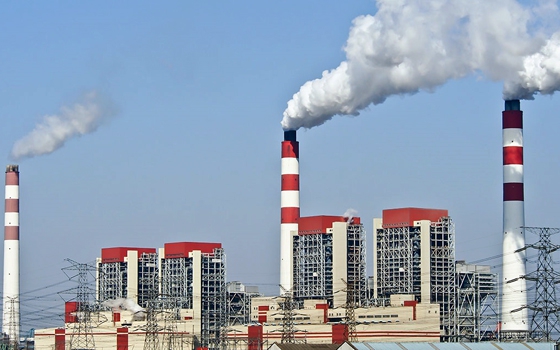Egypt is preparing to award the contract to develop the 2,250MW Dairut IPP before the end of April.
According to sources close to the project, the Egyptian Electricity Holding Company (EEHC) is in advanced negotiations with the Saudi developer Acwa Power, and the developer is likely to be awarded the deal in late April. The power purchase agreement (PPA) is also expected to be signed at this time.
It was reported in March 2015 that Acwa Power was the only bidder to submit a proposal for the IPP, which has an estimated value of $2.5bn.
Speaking at the Egypt Energy Investment Summit in Cairo on 17 February, Fouad Mohamed Mansour, head of private power plants sector, EEHC, announced that negotiations with Saudi developer were entering the final stages and that the developer would be appointed “very soon”.
The combined-cycle Dairut project is regarded as a key scheme for Egypt’s development, representing the largest IPP tendered to date and also the first one in the market since the late 1990s. At the EEDC, the Electricity & Energy Ministry revealed it was planning for $25bn of the total $70bn of total investment required in the power sector in the period up to 2022 to come from the private sector. Three build-own-operate-transfer (BOOT) IPPs started up in the early 2000s, each comprising two steam turbine units of about 340MW. The first was undertaken by Intergen, a developer then affiliated with the US’ Bechtel, and Italy’s Edison at Sidi Krier, east of Alexandria. Two more followed, in Suez and Port Said East, carried out by France’s EDF International.
Intergen sold its stake in Sidi Krier soon after start-up to US-based Globeleq, which acquired 100 per cent control in 2005, when it bought the stake held by Edison. Two years later, Sidi Krier changed hands again when a partnership of Malaysia’s Tanjong and Saudi Arabia’s Jomaih Group bought the Middle East and North Africa assets of Globeleq. In 2010, Tanjong consolidated its position in Egypt by buying the Suez and Port Said East plants from EDF for $307m, although it maintains its interests through Egyptian Operating Company.
In 2009, the government revived plans for private sector involvement in the power sector and EEHC issued a tender for a build-own-operate combined-cycle plant at Dairut.
EEHC received 19 applications for the prequalification phase, one of which was approved. By the time of the revolution in January 2011, the government had yet to conclude agreements with legal and financial advisers, and there was no progress with the scheme until early 2013.
Daily News Egypt
29 March






















































